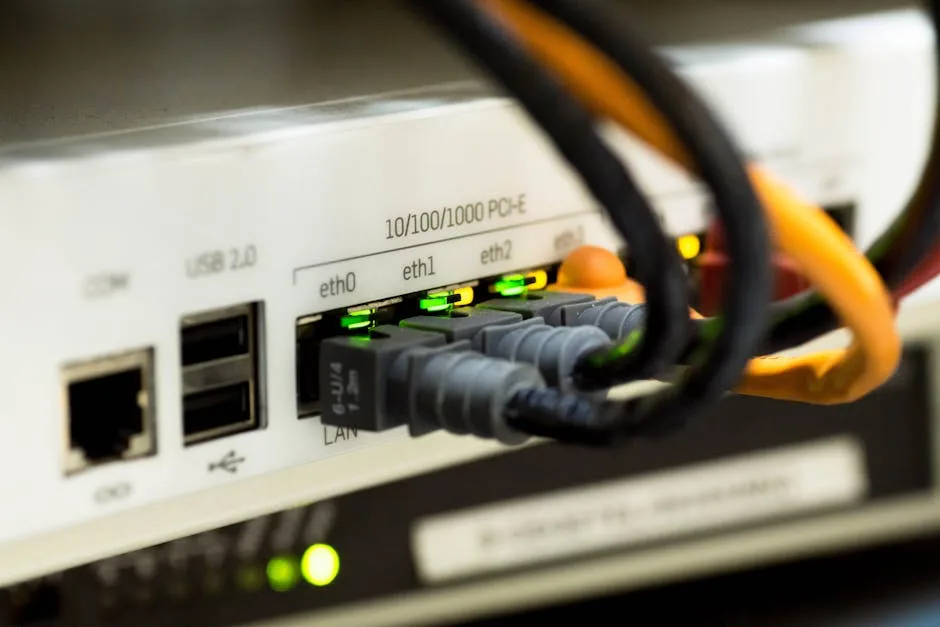
Virgin Media is rolling out free router upgrades to customers using older Hub models (Hub 1-3) to comply with new UK cybersecurity laws. While marketed as a free service, some users report unexpected £35 activation fees, raising questions about transparency in the upgrade process1. The move comes as the UK’s Product Security and Telecommunications Infrastructure Act (2024) mandates regular security updates for internet-connected devices2.
Security Risks of Outdated Routers
The older Virgin Media Hub models (1, 2, 2AC, and 3) no longer receive security patches, leaving them vulnerable to multiple attack vectors. These devices are susceptible to man-in-the-middle attacks, ransomware infections, and credential theft due to unpatched vulnerabilities3. The Hub 4 and Hub 5 replacements offer automatic security updates and improved encryption standards, addressing these critical security gaps. Network administrators should prioritize these upgrades as outdated routers create entry points for network compromise.
Technical Specifications of New Hub Models
The replacement routers offer significant technical improvements over their predecessors. The Hub 4 supports Wi-Fi 5 with speeds up to 1Gbps, while the Hub 5 introduces Wi-Fi 6 capabilities. Both models include:
| Feature | Hub 4 | Hub 5 |
|---|---|---|
| Wi-Fi Standard | 802.11ac (Wi-Fi 5) | 802.11ax (Wi-Fi 6) |
| Maximum Speed | 1Gbps | 1Gbps+ |
| Security Updates | Automatic | Automatic |
Customers can identify their current router model by checking for codes like Arris-TG2492LG-VM (Hub 3) or Arris-TG3492LG-VMB (Hub 4)4.
Upgrade Process and Potential Pitfalls
Eligible customers can check their upgrade status at virginmedia.com/hubupgrade. While Virgin Media advertises the service as free, community reports indicate some users face unexpected £35 activation fees5. The company states these fees apply to “service activation” and should be outlined in contract documents. Security teams should verify:
- Contract terms before accepting upgrades
- Whether the upgrade extends the service agreement
- Any potential impact on existing security configurations
For organizations using Virgin Media services, the upgrade may require reconfiguration of network security settings, firewall rules, and device whitelisting.
Regulatory Context and Compliance
The UK’s Product Security and Telecommunications Infrastructure Act (2024) introduces strict requirements for IoT devices, including:
“Manufacturers must provide clear information about security update timelines and ban default passwords like ‘admin’ on internet-connected devices.”
This legislation aims to reduce vulnerabilities in consumer networking equipment that could be exploited in large-scale attacks. The Virgin Media router upgrade program demonstrates how telecom providers are adapting to these new requirements6.
Conclusion and Recommendations
The Virgin Media router upgrade addresses critical security vulnerabilities in older hardware, bringing devices into compliance with new UK cybersecurity laws. While the technical improvements are substantial, organizations should carefully review contract terms to avoid unexpected fees. Security teams should:
- Inventory all Virgin Media routers in their network
- Schedule upgrades during maintenance windows
- Test new router configurations before deployment
- Monitor for any changes in network performance post-upgrade
As network infrastructure security becomes increasingly regulated, similar mandatory upgrades from other ISPs are likely to follow this precedent.
References
- “Virgin Media giving free upgrade to broadband customers with 2 codes”. Express.co.uk. 17 Apr 2025.
- “Virgin Media free router broadband speed upgrade boost”. The Sun. 9 Apr 2025.
- “Virgin Media urges Brits to make one important broadband check”. Birmingham Mail. 13 Apr 2025.
- “Virgin Media WiFi router free upgrade – how to claim yours”. GB News. 12 Apr 2025.
- “Free upgrade – unexpected activation fee?”. Virgin Media Community Forum. March 2025.
- “How to cancel Virgin Media broadband”. TechRadar. April 2024.




